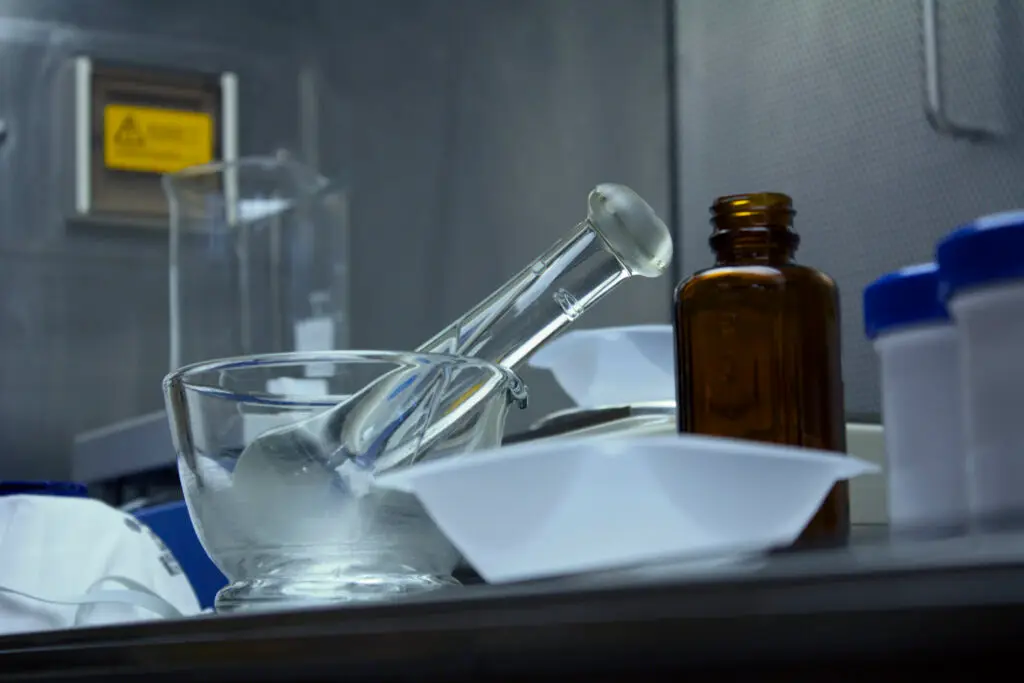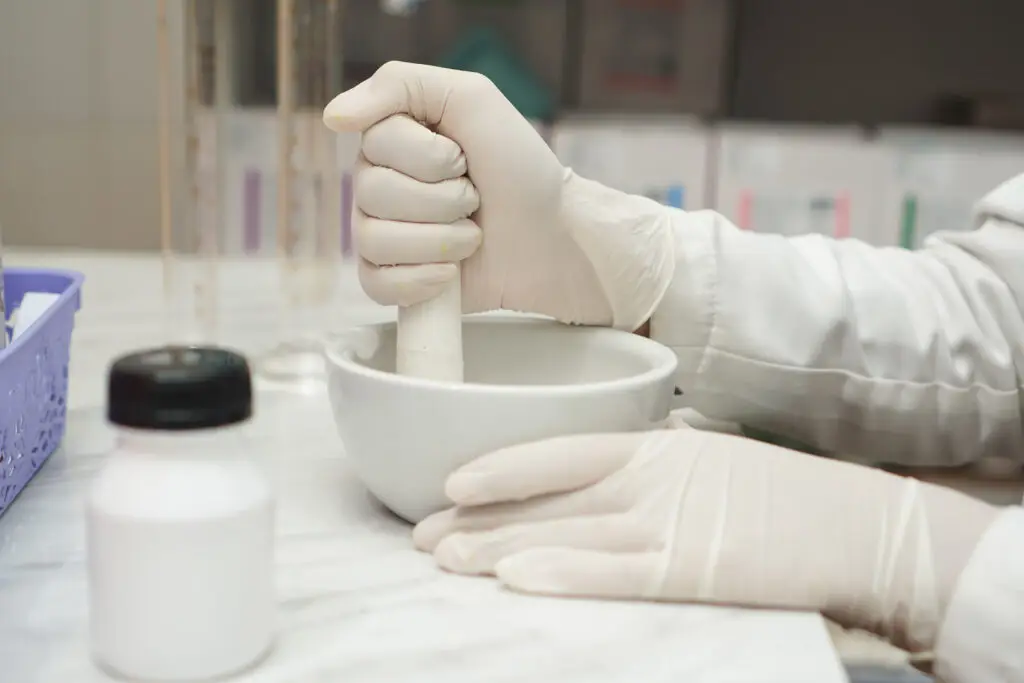Compounding pharmacies have been around way before the pharmaceutical industry started. In the early 20th century, most, if not all, medications were made via pharmaceutical compounding. Physicians would prescribe medications, and the pharmacists would formulate the medication to meet the patient’s specific individual needs whether it was in capsule form or topical form. This practice is still in demand today since not all pharmaceutical products come in the right strength or delivery method for patients with sensitivities or exceptional needs.

Compounding pharmacies have made it possible to treat infections anywhere on the body with topical compounded anti-infective prescriptions. Anti-infectives can be antibacterials, antifungals, antivirals, or antiparasitic medications. When Next Generation Sequencing (NGS) diagnostic is used to identify the exact cause of an infection, clinicians can share the report with a compounding pharmacist. The pharmacist will then create a specific topical formulation that will target all pathogens listed on the report at the correct strength. The great benefit to treating an infection topically is that you are only targeting the area of infection without compromising the entire body and gut microbiome. If different types of anti-infectives are needed to treat the infection, they can all be combined in one easy to use topical compounded prescription. There are multiple delivery methods available to address a variety of infection types, which include ointments and powders. Ointments and powders can be applied directly to the infected areas. They can also be used in a liquid solution to treat sinus infections, lower respiratory infections, and oral infections. Ultimately, if there is a way to touch the infection, there is a way to treat it topically.

Topical compounded anti-infectives can cure multiple infection types. People with wounds who have poor blood circulation and poor hydration especially benefit from this treatment option. Applying topicals directly to the site will eradicate the infection with the highest potency possible. Oral medications are metabolized throughout the entire body resulting in a subtherapeutic dose at the site of infection. Topical compounded prescriptions have well over one thousand times the strength of oral medications when they are applied locally. This potency gives topicals the strength to obliterate the targeted pathogens that were identified with the NGS diagnostic. This specific method does not give bacteria the chance to succumb to antibiotic resistance. This is precision medicine, and it has been revolutionary in the medical community for those who understand it and implement it on a regular basis.
Compounded medications are not reviewed by the FDA for safety or efficacy. Not all compounding pharmacies have the same experience level as others when it comes to utilizing the most innovative methods and applications. When selecting a compounding pharmacy, ask to review accreditations that might include PCAB/ACHC, URAC or NABP.